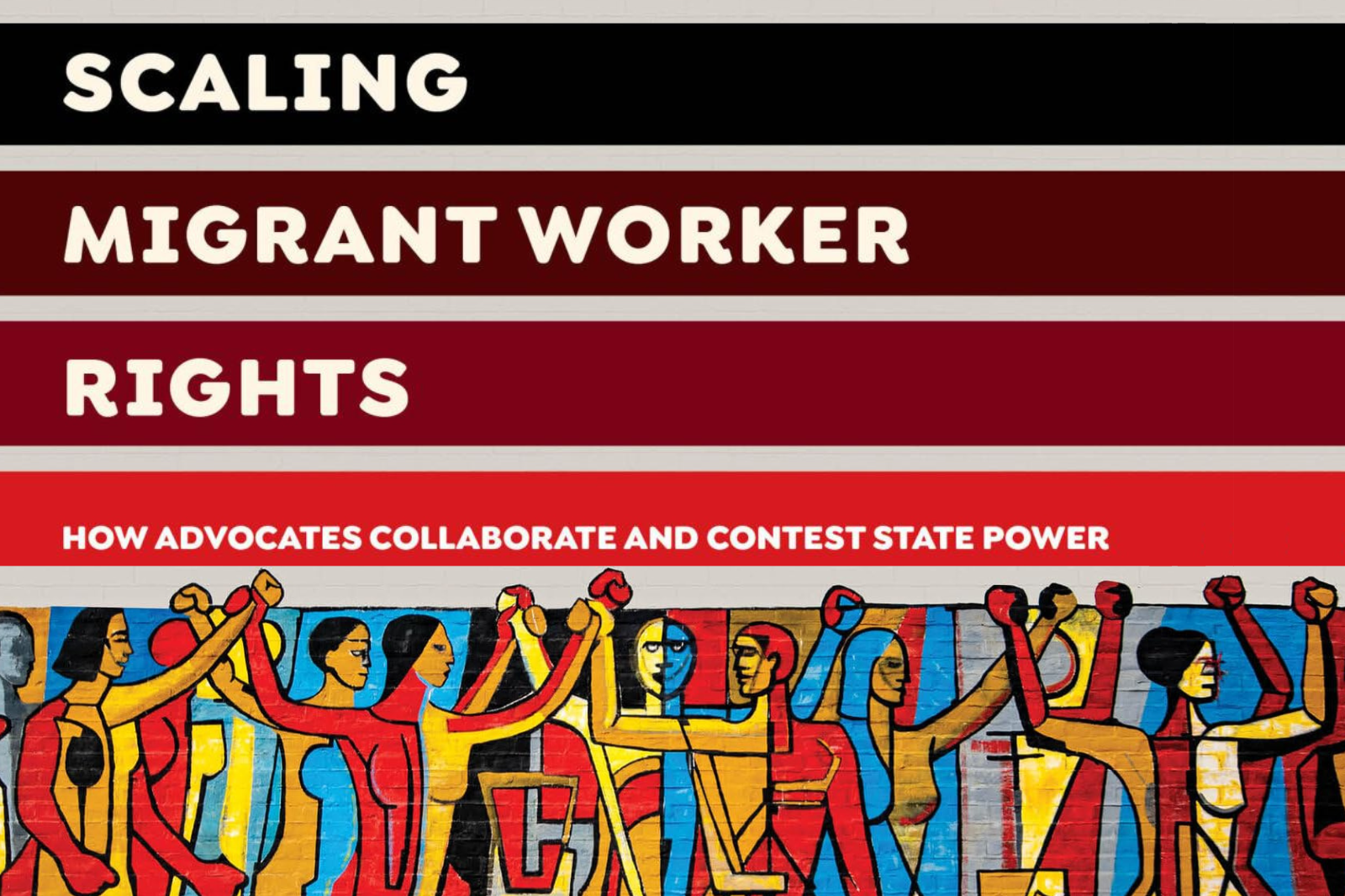We are pleased to invite you to a discussion around Stany Podzielone Ameryki with:
dr Łukasz Pawłowski, the author of the book and the co-host of “Podcast Amerykański”
dr hab. Agnieszka Graff, prof. UW (American Studies Center)
dr Jan Smoleński (American Studies Center)
Thursday, October 24, 2024
5 PM
Attendees will be granted 3 OZN points.
Where?
Dobra 55, room: 2.118
(the building features some mobility accommodations: ramp and lift)
What?
Republican Senator from South Carolina Lindsey Graham announced on Fox News that “there would be riots in the streets” if Donald Trump is convicted in one of his criminal trials. Mike Huckabee, Republican governor of Arkansas, said that the 2024 elections will be the last to be “decided by ballots rather than bullets” if Trump loses his presidential bid due to the legal problems. In his appearance at now-defunct Infowars, former National Security Adviser to President Donald Trump general Michael Flynn said: “we’re moving towards the sound of the guns here, folks. And the sound of the guns is freedom.” Ironically, the sound of guns we’ve heard were the ones aimed at his former boss during two assassination attempts by—even more ironically—people who at least until recently identified with the Republican Party.
Should ubiquitous warnings about possible political violence in the US be taken seriously? How do deepening divisions affect the political landscape and the political process in the US? What are the sources of polarization? And what are the stakes of the upcoming elections in polarized America?
Who?
dr Łukasz Pawłowski is a psychologist and sociologist currently working at the Ministry of Foreign Affairs as the Acting Director at the Department of Strategy. He is the co-host of the award-winning weekly podcast on American politics and society “Podkast amerykański” (American podcast) and the author of Druga fala prywatyzacji (The Second Wave of Privatization”, 2020) and Stany podzielone Ameryki (“Divided States of America, 2024) as well as numerous articles in Polish and foreign media including: “Gazeta Wyborcza”, “Onet”, “Polityka” and “Financial Times”.



